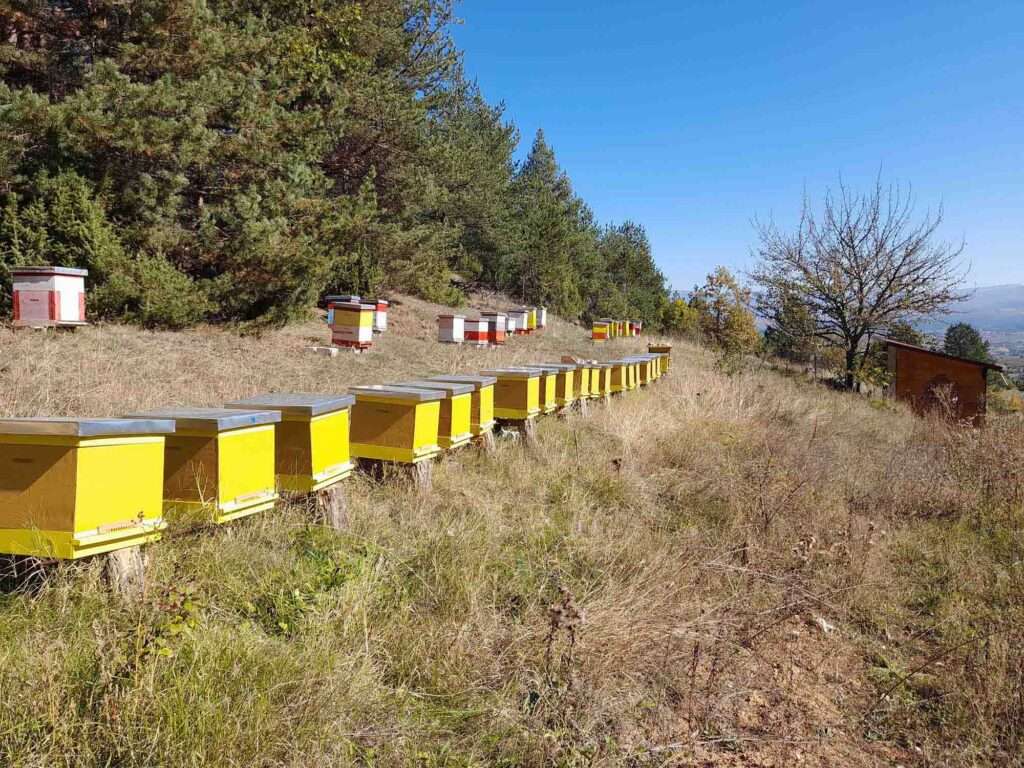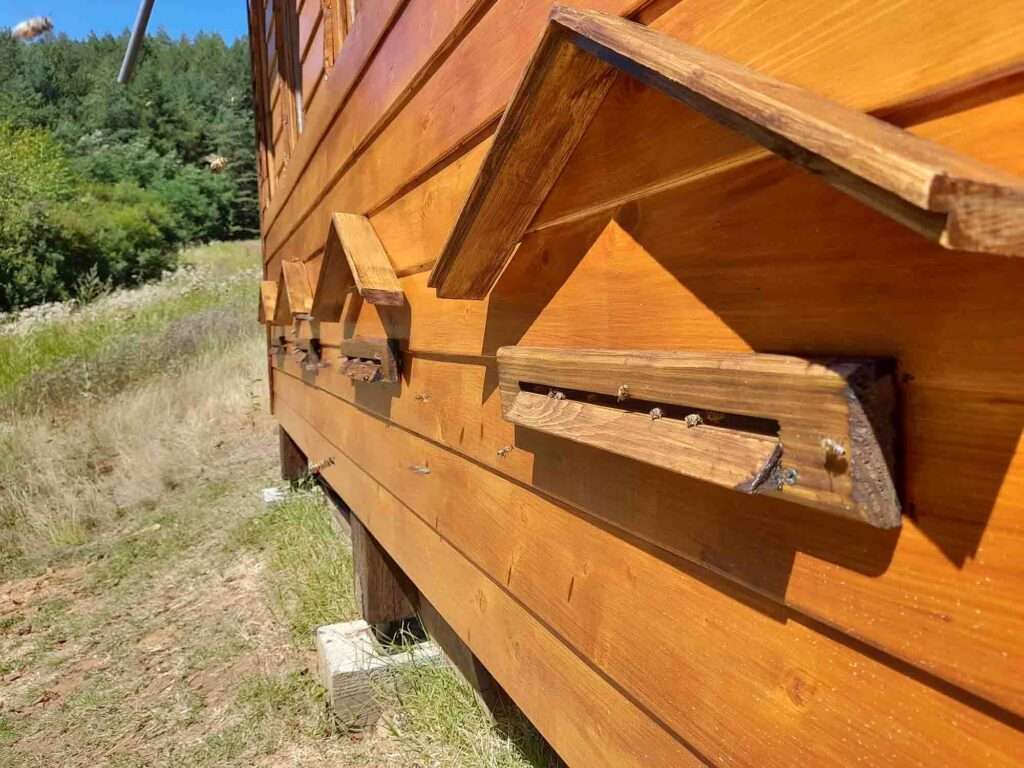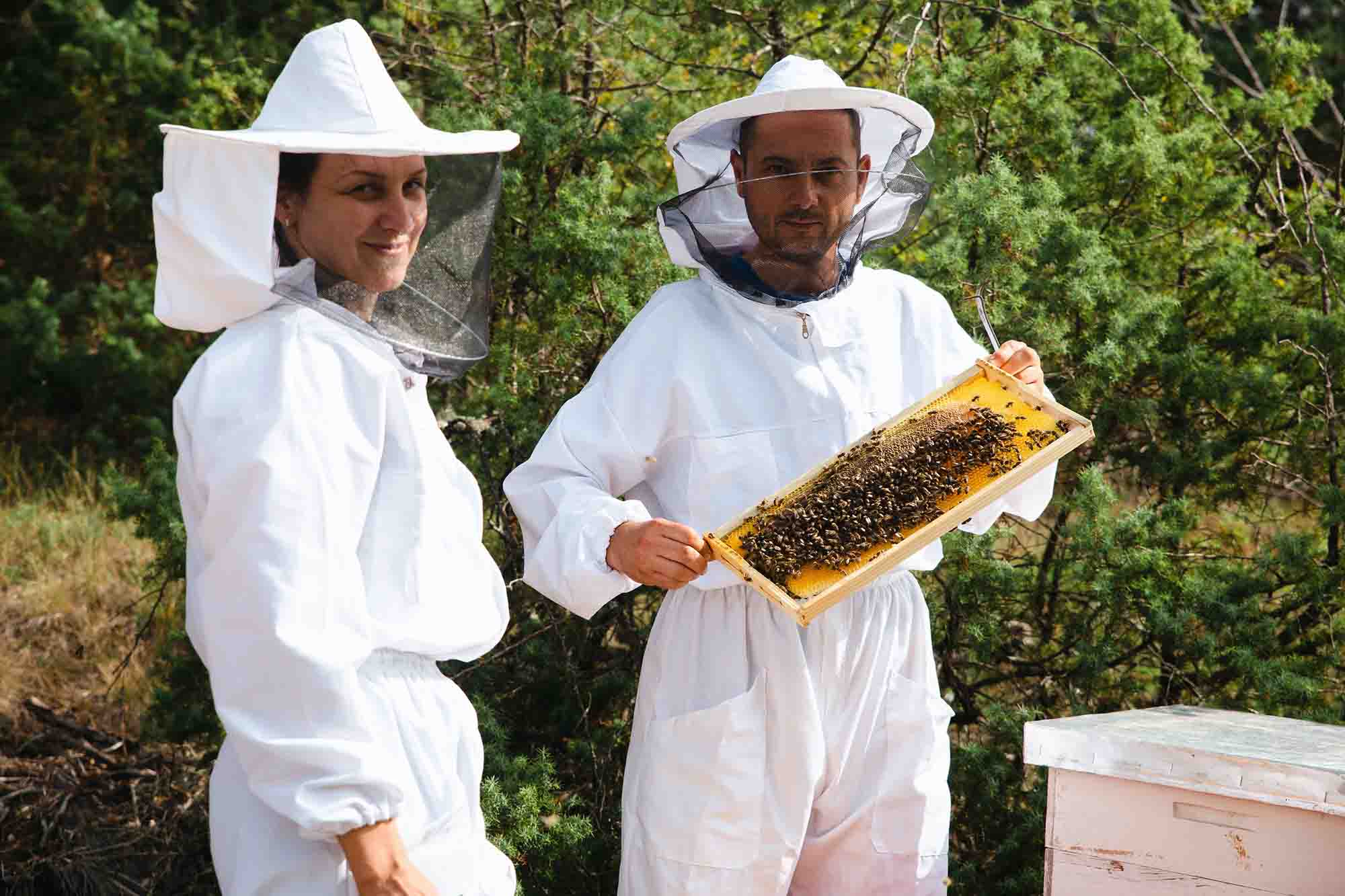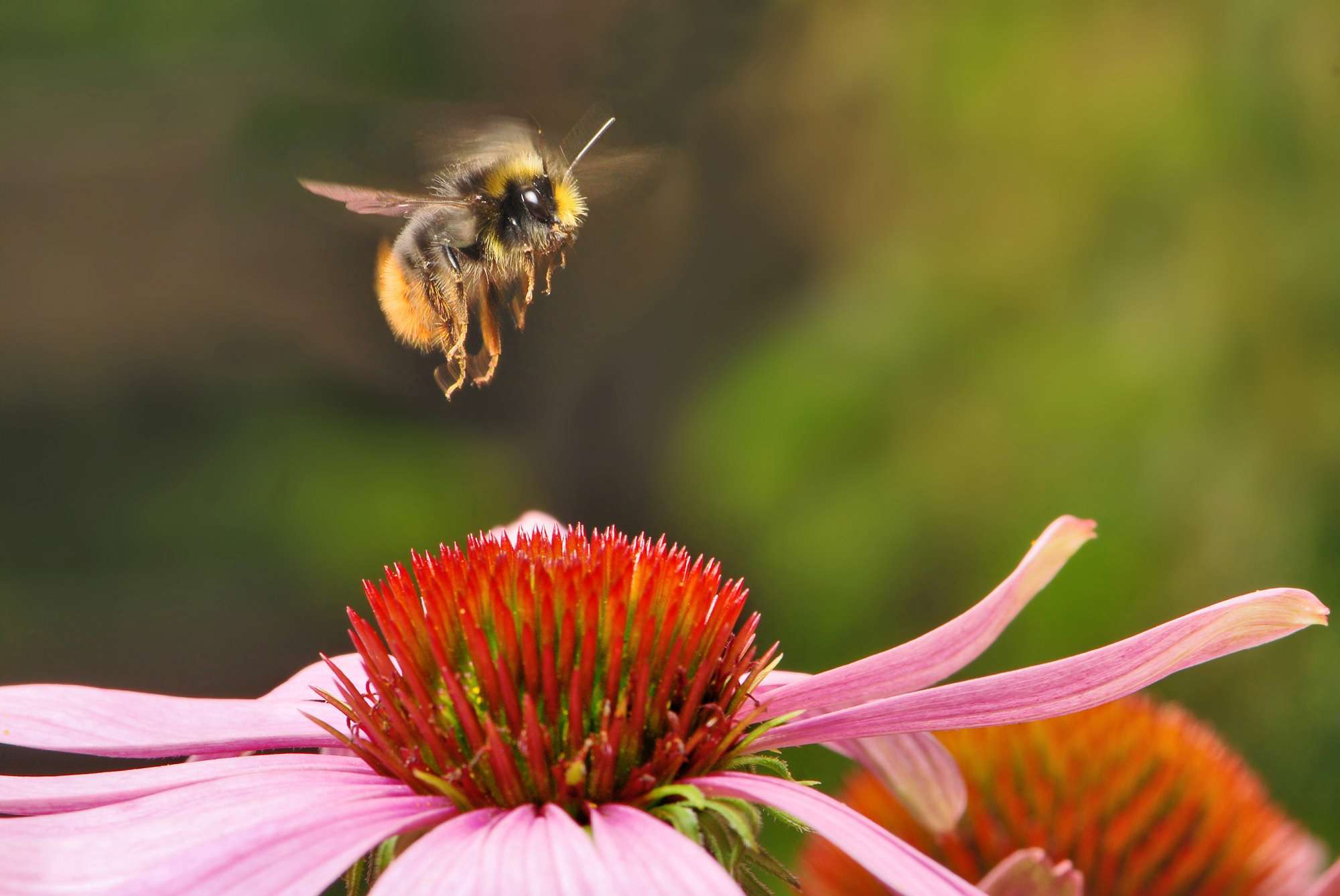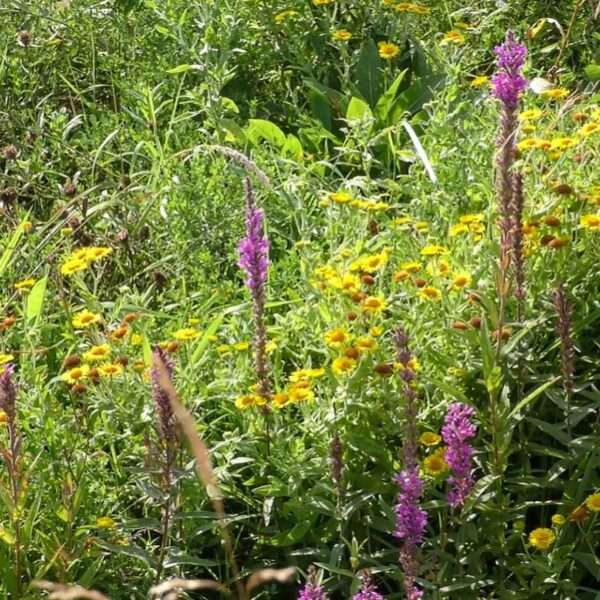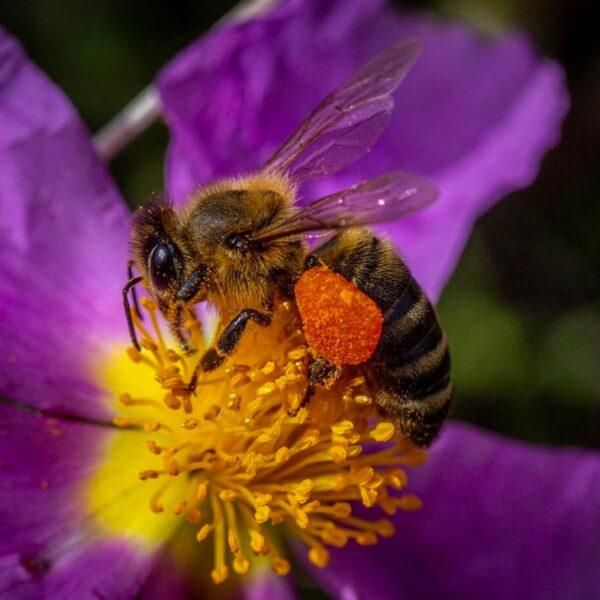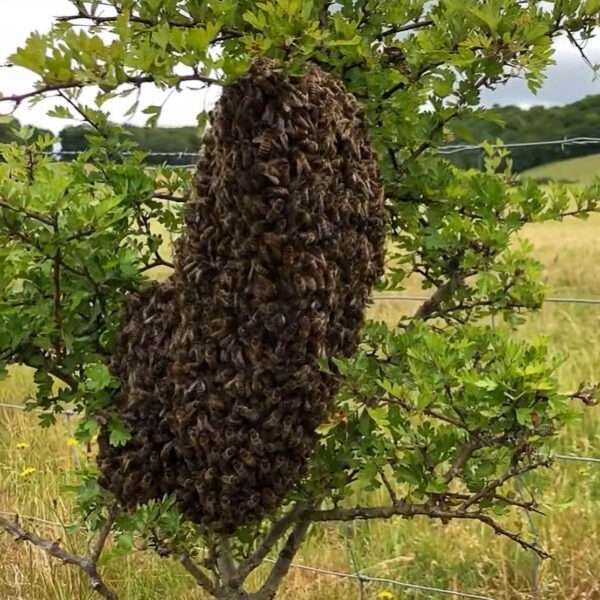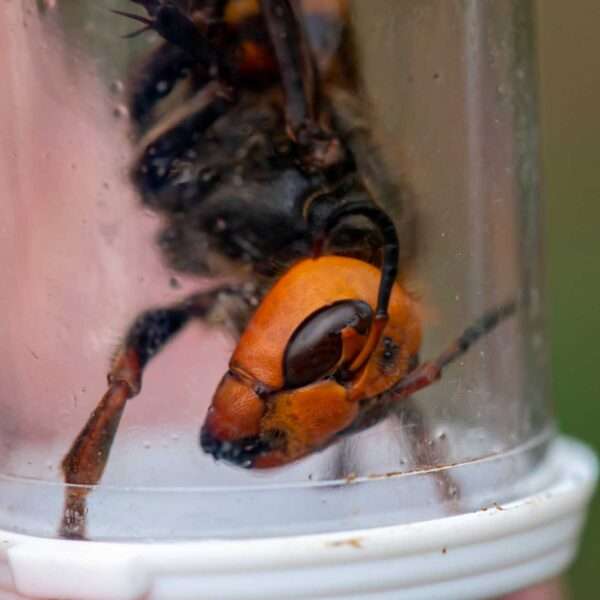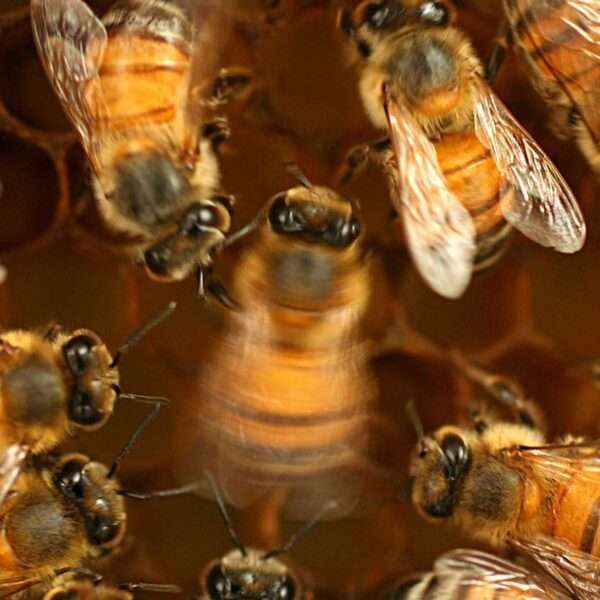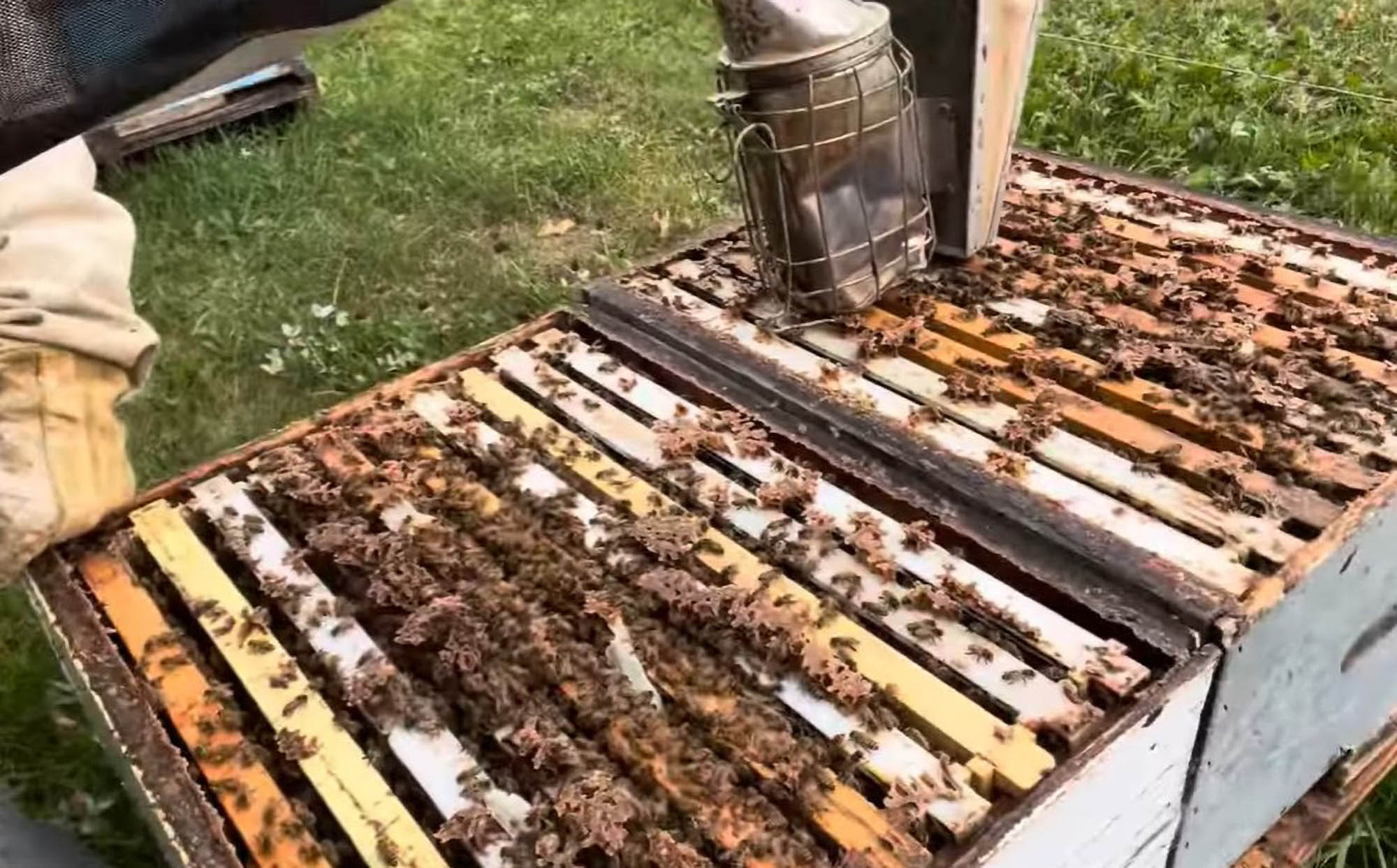A North Macedonian couple has revealed how they turned their modest bee farm into a prosperous apitherapy business.
Ten years ago, Verica and Antonio Arnautovski established their apiary in Vladimirovo, a village in the picturesque Malesh region in eastern North Macedonia.
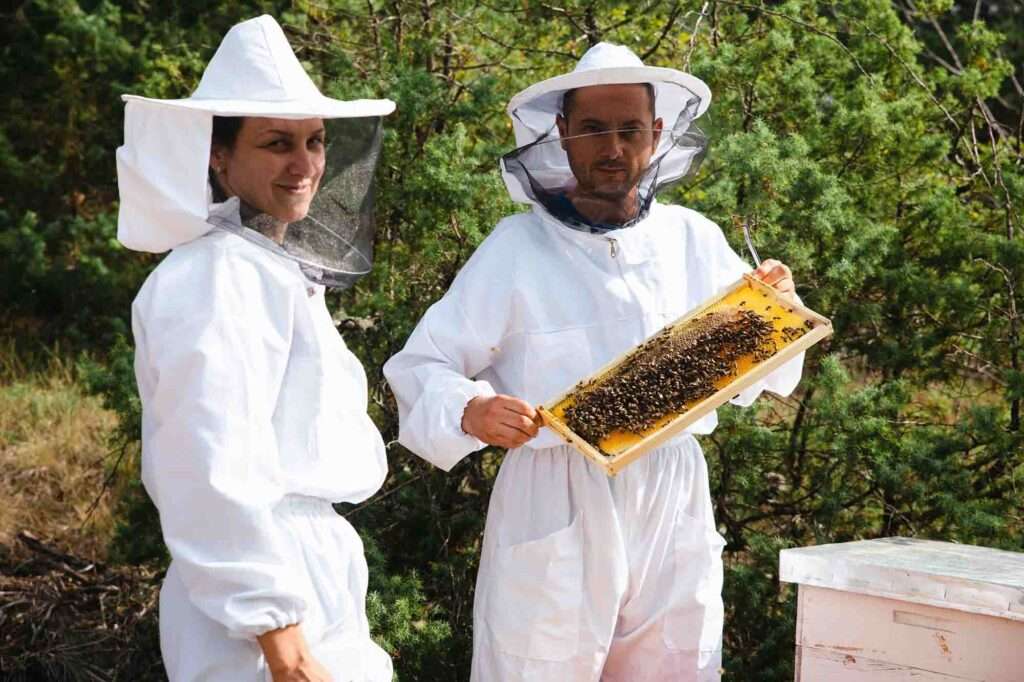
Today, their Kladenche beekeeping farm and apitherapy centre – ‘kladenche’ means ‘small well’ in Macedonian – is a much sought-after location for tourists and anyone suffering acute and chronic pains who is eager to try out alternative methods.
Reflecting on their very first steps in apiculture, Antonio told NewsX: “Our bee farm consisted of just three hives when we started 10 years ago. At first, we just wanted to gain some knowledge of beekeeping and provide honey for our family.”
Verica said that they had read a lot on the topic but also watched many YouTube videos to find out more. She added: “With the help of a few local beekeepers, we’ve managed to grow in size. Five years on, we had 30 hives!”
On their way to becoming one of the country’s leading apitherapy enterprises, they combined environmental aspects with their professional background.
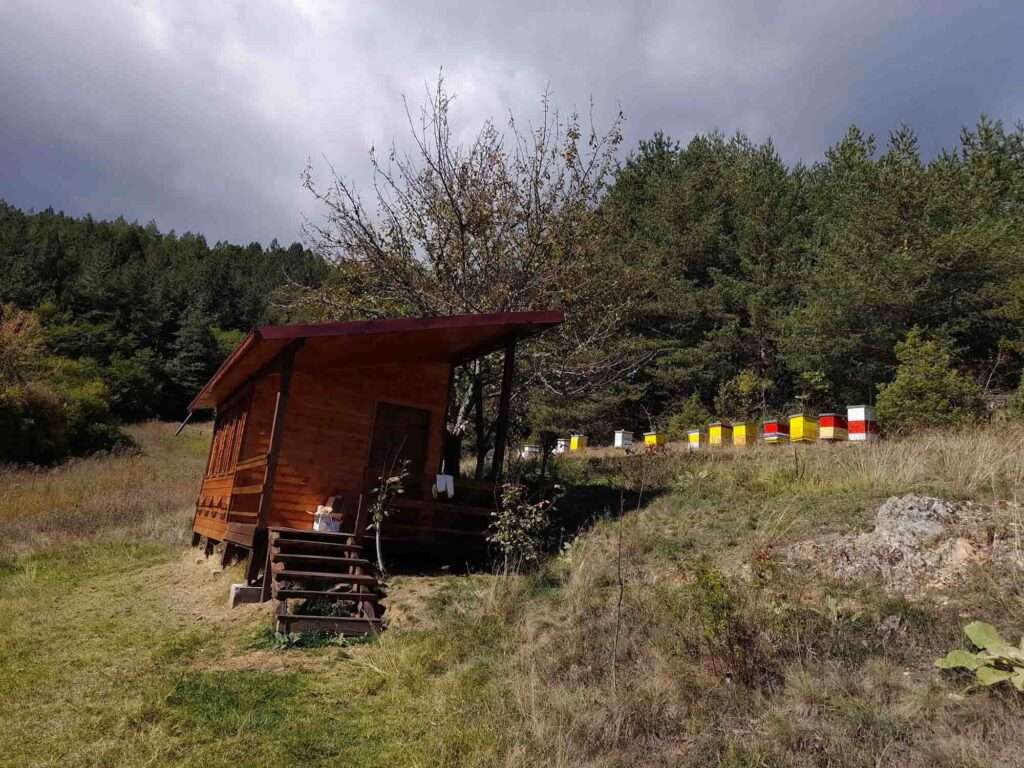
Antonio explained: “My wife is a biology teacher and I am a tourist guide. Our next goal was to combine our professions and promote apicultural tourism by organising educational tours on our bee farm.”
Verica added: “With this type of tourism, we want to raise awareness of the importance of bees for human health and the environment.”
Speaking about apitherapy works, Antonio said: “Earlier this year, we built a small wooden house which hosts four colonies. Our clients inhale the insects’ aerosols. Apitherapy can be used to treat a number of different health problems and stimulate the immune system. It has great advantages.”
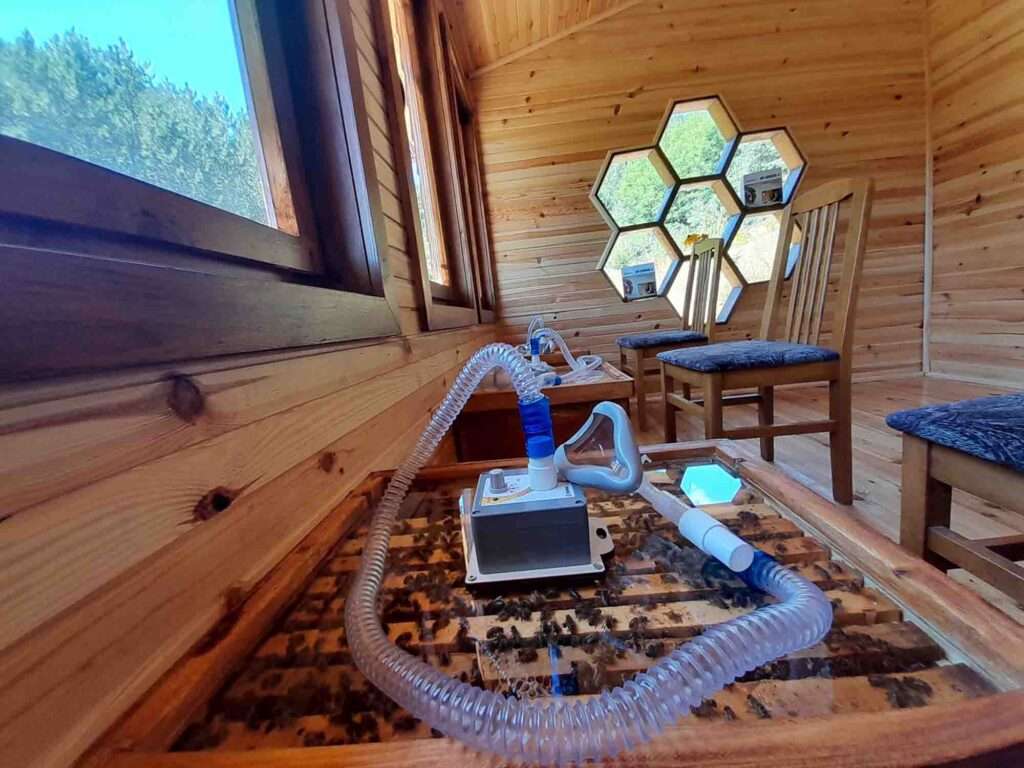
The Arnautovskis’ bee farm currently consists of 6,000 square metres, which is approximately the size of a football pitch.
Verica and Antonio supervise 50 colonies which mainly consist of the native Macedonian bee (Apis mellifera macedonica). However, the duo also manage other subspecies of the Western honeybee such as the Carniolan honeybee (Apis mellifera carnica).
Verica concluded: “Honey bees are fascinating creatures. We love our bees. They are an incredible gift from nature providing health and happiness.”
